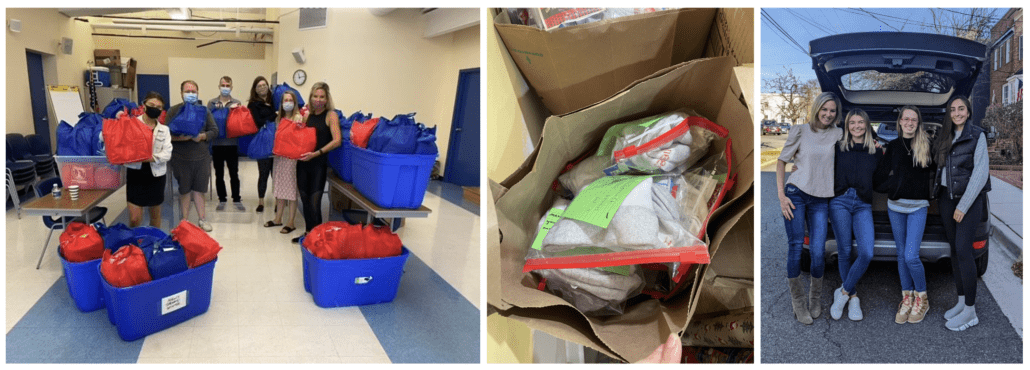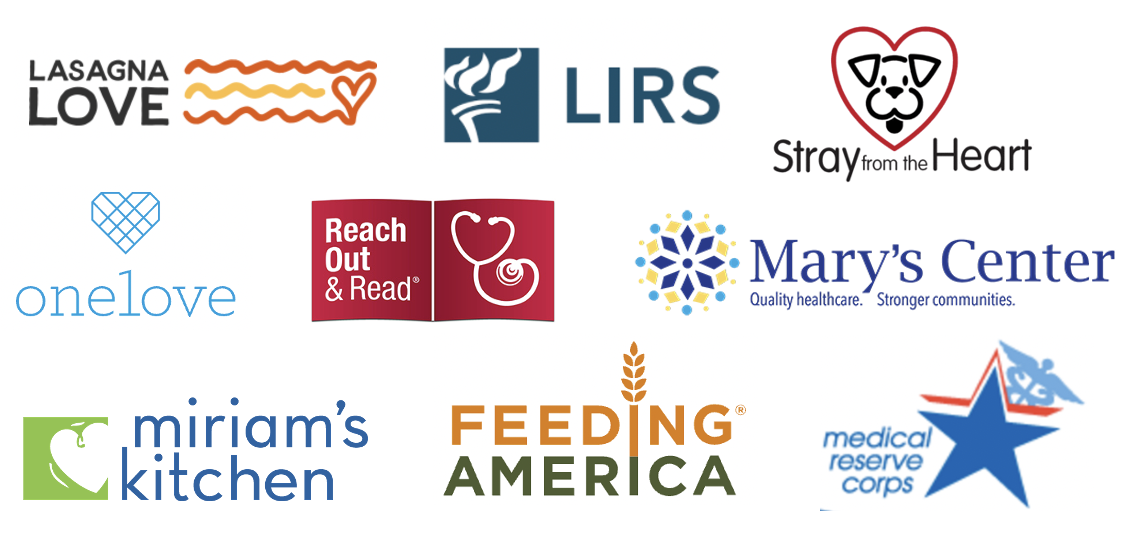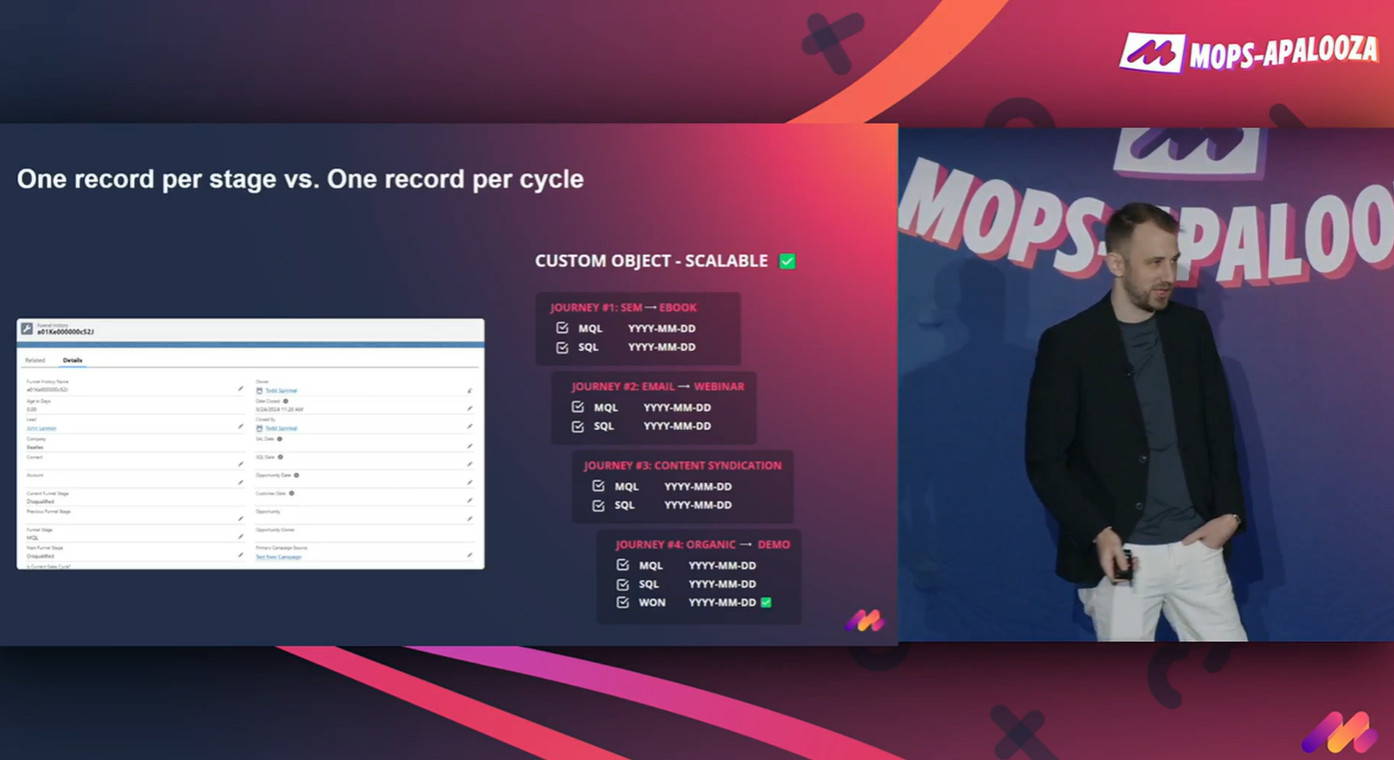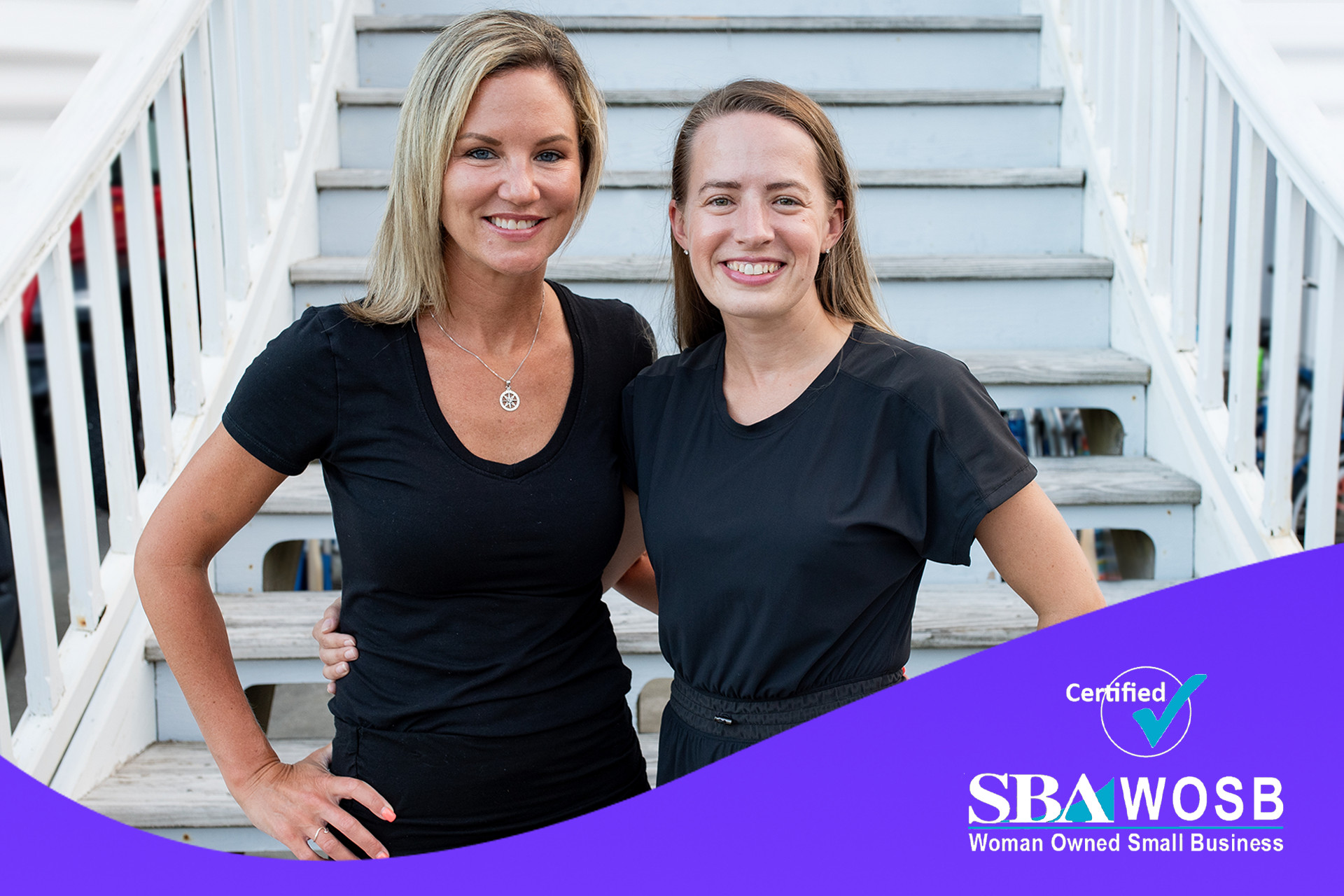When I founded Sponge.io, I wanted to build a small company where, instead of working ourselves breathless every night and weekend, we prioritized abundance and flexibility. But the pandemic obviously changed everything. There were suddenly no boundaries or compartmentalization. We were literally trying to work from closets while tutoring the kids. It was grinding, and had the zero-sum mentality and impossible targets of the corporate/startup culture I tried to leave behind.
>> Related: 15 Remote Team Building Ideas <<
I always knew our team is very talented and resilient (hello, it’s why I hired them). But the impossible demands of the past two years ended up changing our culture for the better. Here’s how.
Admitting we’re people
Is this a radical concept? We found a lot of strength in vulnerability the past two years. We didn’t pretend the world wasn’t in crisis, or that we were impervious worker bees.
The team wasn’t shy with each other (or our clients) about heavy, mournful, or frantic days. We just owned the chaos, and there was no need to hide when we were distracted, stressed, or sick. Those days were hard, of course, but not icky or shameful.

Pandemic meeting memories
Things are (usually!) much calmer now, but our Slack channels have remained genuinely honest, transparent, and supportive. We’ve always been a happily remote company, but now we intimately understand and trust each other in a way that feels new.
Turning outward
In the midst of the crisis, our non-essential work often felt inconsequential compared with our friends and family trudging into overcrowded hospitals and juggling virtual classrooms. When things feel out of control, the healing response is always action. We can’t do everything, but we can do something. And it’s our responsibility and privilege to do as much as we can.
So we dialed up our efforts to help our communities and make our work more meaningful:
- We increased our charitable grants and are donating 4% of our profits to charities.
- We implemented a flex volunteer day every quarter.
- I tried to lead from the front and joined the local Medical Reserve Corps to volunteer weekly at vaccine clinics.
- When we could get together during the pandemic’s lulls, we anchored every team meeting with service. Turns out there was still plenty of time to laugh and listen to Olivia Rodrigo while we kept our hands busy at Miriam’s Kitchen and Mary’s Center. (And it’s way more inclusive for our sober and religious teammates.)

Even though our marketing operations work isn’t world-changing, it enabled us to invest time and resources to make the world a little better. I’m confident the community service helped ease our frustration and hopelessness, and it’s now a permanent part of our annual/quarterly plans.
Partnering with non-profits to keep it simple
Volunteering is so good for physical and mental health: increasing life satisfaction and self-esteem, building a support system, and reducing stress. It’s the antidote to burnout. And it’s literally free. By contacting local NPOs, we leveraged their existing coordinators and programs. We simply reached out through their websites and were flooded with quick responses and flexible ideas. I can’t think of a simpler “team building exercise” with such outsized benefits for our team.
I’m so inspired by how each team member continues contributing to their pet causes… whether that’s cooking, mentoring, fostering, fundraising, or pro bono marketing. And in 2022 we made commitments to:
- One Love Foundation
- Virginia Medical Reserve Corps
- Lasagna Love
- Lutheran Immigration and Refugee Service
- Stray from the Heart
- Feeding America
- Gracepoint Berkeley
- Mary’s Center
- Reach Out and Read
- Miriam’s Kitchen
- The American Heart Association
Re-examining workloads
Remember when the New York Times examined the pandemic’s effect on working mothers in America, and called it The Primal Scream? 😬 Yeah, that’s not the vibe I’m going for. Instead, the first few months of the pandemic, the parents on our team cut their hours in half, with no pressure to “make it up” after the kids went to bed. (FWIW, even in those breathless days, we continued to hit all our financial targets and everyone kept their jobs. I mean it when I say this team is talented.)
Now we’re back to normal hours and continuing to grow 55% annually. But we just took a hard look at our profit margins and client ratios, and we opted to scale back and introduce 4-day weeks. Hiring is hard for every company we work with, and we simply do not want to backfill someone who’s doing good work but is burning out after the past 2 years.
We’re emerging from the pandemic tired (of course) but more compassionate and generous to each other. I can’t say I’d happily do it again, but I’m proud we found a silver lining.





